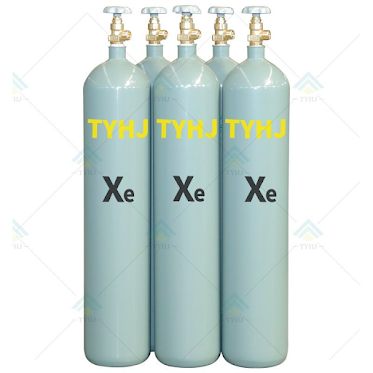Why Use RDP in Concrete
Redispersible latex powder products are water-soluble redispersible powders, which are divided into ethylene/vinyl acetate copolymers, vinyl acetate/tertiary ethylene carbonate copolymers , acrylic copolymers, etc. agent, with polyvinyl alcohol as protective colloid. This powder can be quickly redispersed into an emulsion after contacting with water. Due to the high binding ability and unique properties of redispersible polymer powders, such as: water resistance, construction and heat insulation, etc., their The range of applications is extremely broad. It has outstanding bonding strength, improves the flexibility of the mortar and has a longer opening time, endows the mortar with excellent alkali resistance, and improves the adhesiveness, flexural strength, water resistance, plasticity and wear resistance of the mortar. In addition to the construction property, it has stronger flexibility in the flexible anti-crack mortar. Dry-mix formulations are essential for trans...
